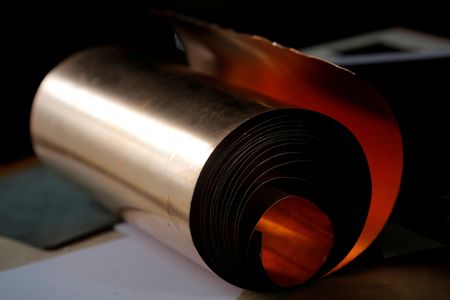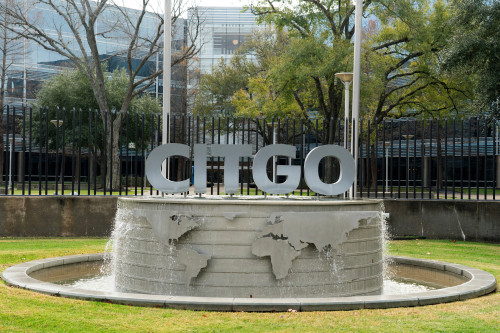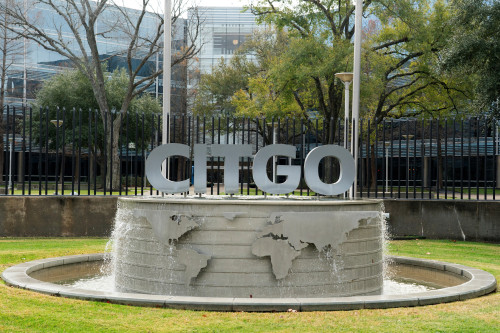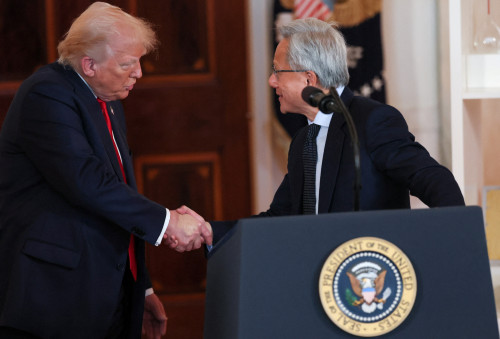By Eric Onstad and Ashitha Shivaprasad
LONDON/BENGALURU (Reuters) – Copper prices are due to recover slightly in coming months, supported by low inventories, but the upside will be curbed by weak physical demand in China and the threat of a global recession, a Reuters poll showed.
Copper prices have been gradually losing steam since hitting their strongest levels in over seven months in January when optimism abounded about the reopening of the world’s second biggest economy.
Prices have shed 10% since that peak as demand has disappointed in top metals consumer China and dark clouds threaten the global economy.
“Copper will likely remain rangebound for now as the battle between recession and China demand, and falling stocks continue,” said Ole Hansen at Saxo Bank.
“Investor involvement remains weak as macro economic-focused funds remain sidelined.”
The cash copper contract on the London Metal Exchange (LME) is expected to average $8,840 a tonne in the third quarter, a median forecast of 25 analysts showed.
That is 4% higher than Tuesday’s closing price.
Disruptions may hit mine output, leading analysts to trim a forecast surplus for this year to 133,000 tonnes from 165,000 tonnes of oversupply in the previous poll.
CHINA ALUMINIUM
Aluminium prices have shed 12% since touching a peak in January as output increased and inventories rose amid tepid demand for the metal used in the auto, packaging and construction sectors.
Top producer China saw primary aluminium output in March climb from a year earlier, but at a slower place than previous months.
“We expect China’s 2023 aluminium production to rise year-on-year despite production cuts and output curtailments early in the year,” said Sudakshina Unnikrishnan at Standard Chartered Bank.
The LME cash aluminium price is seen averaging $2,425 a tonne in the third quarter, 2% firmer than the current price.
Analysts have marked up their estimates for an aluminium market surplus this year to 113,500 tonnes from 80,535 tonnes forecast in January.
INDONESIA NICKEL OUTPUT
Nickel is the worst performing LME metal so far this year, sliding 19%, largely on worries about rising output in Indonesia. The Asian country mainly produces nickel pig iron – a lower-nickel-content substitute for refined nickel.
“Due to relentless mined nickel supply growth in Indonesia, and its broad-based nickel-bearing exports, we remain longer-term bears on the global nickel price,” said Tom Price at Liberum.
The main use for nickel is in stainless steel, but the metal’s biggest growth area is for electric vehicle batteries.
Analysts expect LME cash nickel prices to average $22,273 a tonne in the third quarter, down 11% from current levels.
They also expect the global nickel market to see a surplus of 112,000 tonnes this year and an oversupply of 89,500 tonnes in 2024.
(Reporting by Eric Onstad; Editing by Christina Fincher)





